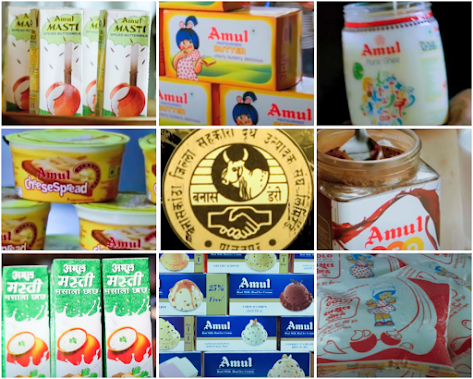Is Only The Organic Farming is Reponsible for Economic Crisis in Sri Lanka ?
The economic crisis that the country is going through has been mainly blamed on the shift to organic farming, but is this the fact, or did the economy collapse because of a series of wrong decisions that have been going on for years?
In November 2019, the government of Sri Lanka slashed the value-added tax (VAT) to 8 percent from 15 percent and abolished seven other taxes. A report confirms that Sri Lanka lost around 1 million taxpayers in the last two years after the Gotabaya Rajapaksha regime announced sweeping taxes in 2019 in its bid to spur growth. Due to this massive decision, the expenditure vs. GDP ratio rose to 111%. At this time the inflation rate in Sri Lanka has crossed 32%. So that was the first wrong move taken by the government of Sri Lanka that led to the economic collapse.
Sri Lanka's crisis has great relevance to India, In India too several state governments like Andra Pradesh plan to go completely organic in the next decade or so. Even the central government enthusiastically ideas like zero-budget natural farming, and justified fears like climate change and ecological threats have helped activists offer organic farming as the only alternative. After all of these supports and various government schemes, farmers are still struggling to shift to organic farming. In Sri Lanka, the government suddenly announced to shift their farmers from conventional to organic farming without any planning by banning chemical fertilizers, pesticides, and weedicides throughout the country. The real fact about this shift was not that the president believed that organic farming could feed Sri Lanka's people but that he wanted to save foreign exchange bills on imported fertilizers. Sri Lanka mainly imports all its fertilizers from China and India. The expenditure and suicides on these fertilizers were about 500 million, and according to the World Bank Sri Lanka's foreign reserve stood at 5.7 billion in 2020, this meant Shri Lanka was spending about 10 % of its reserves on importing fertilizers. So government banned the imports to save some amount of their foreign reserve.
With this ban on chemical fertilizers, agricultural production becomes very very low. The economy of Sri Lanka is mainly dependent on exporting items such as tea, rubber, coconut, spices, and garments. which contributes about a quarter to Sri Lanka's GDP. Due to a heavy fall in production, the export is automatically confined. Tea is Sri Lanka's biggest export accounting for more than US$ 1.25 billion a year, as about 10% of Sri Lanka's export income comes from its tea industry. In 2019, Sri Lanka was the world's 4th largest tea exporter. But after the decision to shift towards organic the production declined to its half. The tea industry totally depends upon N, P & K, and the nitrogen component that is required the most for the quantity and quality of produce.





nice
ReplyDeleteThanks for sharing useful information it has helped me a lot
ReplyDeletehttps://www.eindiatrade.com/looking-for-wholesaler.html